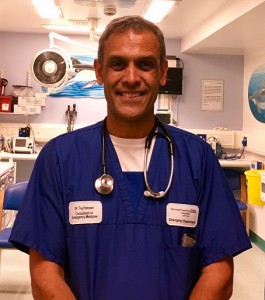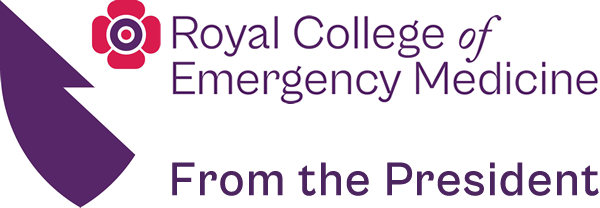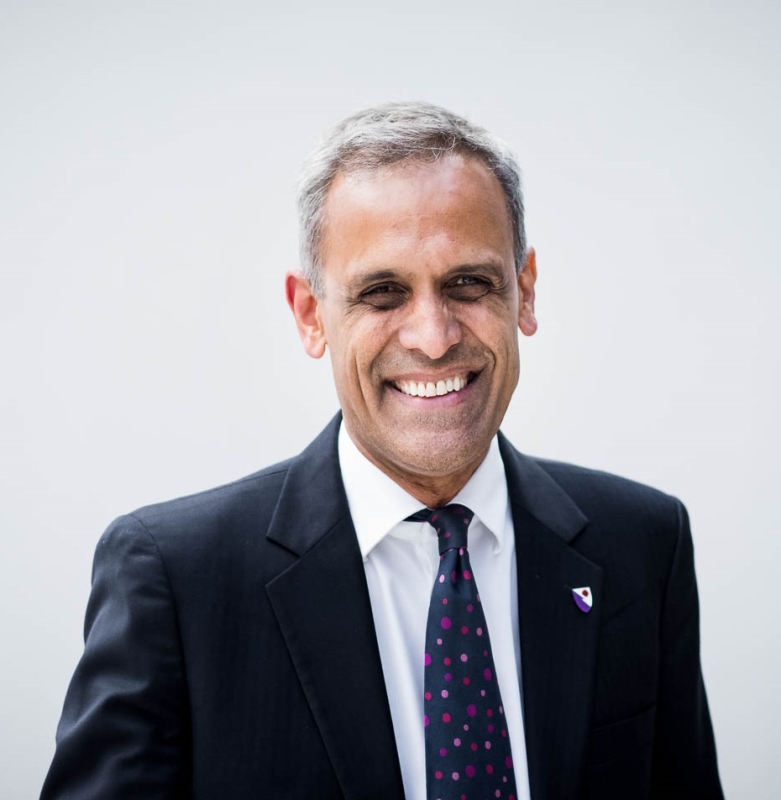 August – a month to welcome new doctors into the ED freshly minted from their first Foundation year’s experiences from the wards. A chance to allow them to explore the excitement of Emergency Medicine, the diagnostic challenge of the undifferentiated patient, the variety of presentations and of course the unique team work that is TeamED.
August – a month to welcome new doctors into the ED freshly minted from their first Foundation year’s experiences from the wards. A chance to allow them to explore the excitement of Emergency Medicine, the diagnostic challenge of the undifferentiated patient, the variety of presentations and of course the unique team work that is TeamED.
The excitement of working in ED
Once they have fought through the complexity of the hospital’s mandatory induction, the challenges of their compliant rota and navigated the IT system you will get a chance to impart your knowledge upon them about how to care for patients in the modern day ED. There will be the usual well rehearsed challenges they will experience as we continue to work in under resourced systems causing all too often the crowded environments and constant rota gaps which at times stretch us to our limits. A point I made on BBC Breakfast on the 70th anniversary of the NHS on 5 July when I was asked “Is the NHS fit for purpose?”.
Amongst all that will be the opportunity to show them what a fantastic specialty we have that has seen consultant numbers rise by up to 400% in 15 years in the UK and academic numbers by at least the same proportion. The support we are able to provide the most junior doctors working in many parts of the country is so very different to where we were two decades ago and we should be justly proud to have led such evolution. No doubt too that you will have your own top tips to impart to these fresh faced individuals as they learn how to hone their assessment skills, refine their diagnostic differential conundrums and help deliver great management plans in a timely fashion. Here are a few of mine – feel free to add (or subtract) with your own.
Top tips for the new ED doctor:
- Welcome – you have come to work in one of the top ‘team Specialty sports’ in medicine. Enjoy the experience, immerse yourself and value every interaction as a learning experience.
- Safety lies at the heart of great emergency care! You will have good baseline skills of assessment, building diagnostic differentials and management plans but your time in ED will take you to a new level. Make sure that you have patient safety as one of the key foundation stones of your practice.
- Teamwork is key. You will be surrounded by amazing people who make the day job look easy. Watch, listen, engage, ask, support, communicate and learn from the doctors, nurses, ACPs, ENPs, PAs, reception staff, porters and others who will be there to help you.
- Learn – make a list each day of the three most interesting patients that you saw. Go home and set aside an hour to read / reflect on what you did, what you could have done and how you communicated what you did for them and to their relatives. Keep finding ways to improve. You will have a fantastic skillset even at the end of four to six months.
- Senior support in ED is vital. Never be afraid to ask the most ‘stupid’ of questions from the senior medical and nursing staff. They have seen it all before. But make sure to learn with each interaction.
- Working in complex systems is hard. The NHS is struggling at times with safety and delivering timely clinical care in order of triage priority. Your job is to keep your patients safe and help deliver time critical clinical care. System performance ( eg achieving the 4hr ECS) is linked mainly to resources – having enough clinicians in ED with the right skillmix to see patients and enough acute beds to maintain flow. The delivery of good system performance sits with Executive Boards of Trusts and the wider healthcare economy. Do NOT allow yourself to lose sight of that but work willingly to engage as long as the priorities are set properly.
- Take care of yourself! – This one is last but is also another ‘foundation stone’. You are working in the most intense environment in healthcare. There are many more support systems to help take care of you but you also need to take care of yourself. Stay well hydrated, take breaks regularly, learn how to ‘sell cases’ to admitting specialties from your seniors to minimize conflict. Accept you will make mistakes and involve your seniors early if you are worries. Again they will have seen it all before and will be able to support you. Talk to friends about your EM experience.
- Be inspired – you may well realize that EM is for you. It is indeed an awesome specialty! Talk to colleagues if you are interested and work out how to build a career to join us.
Have a great month!
Dr Taj Hassan
President, RCEM


